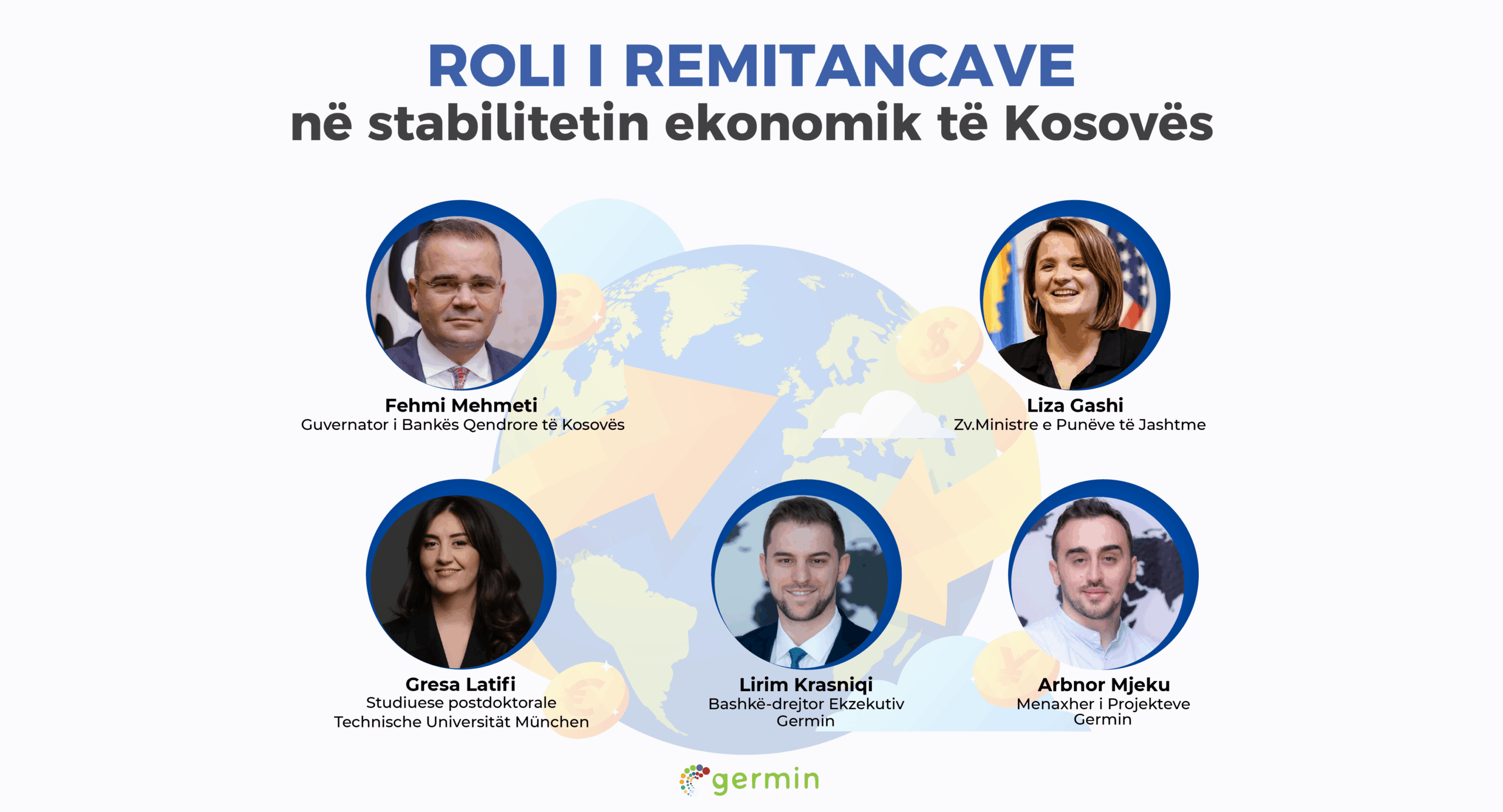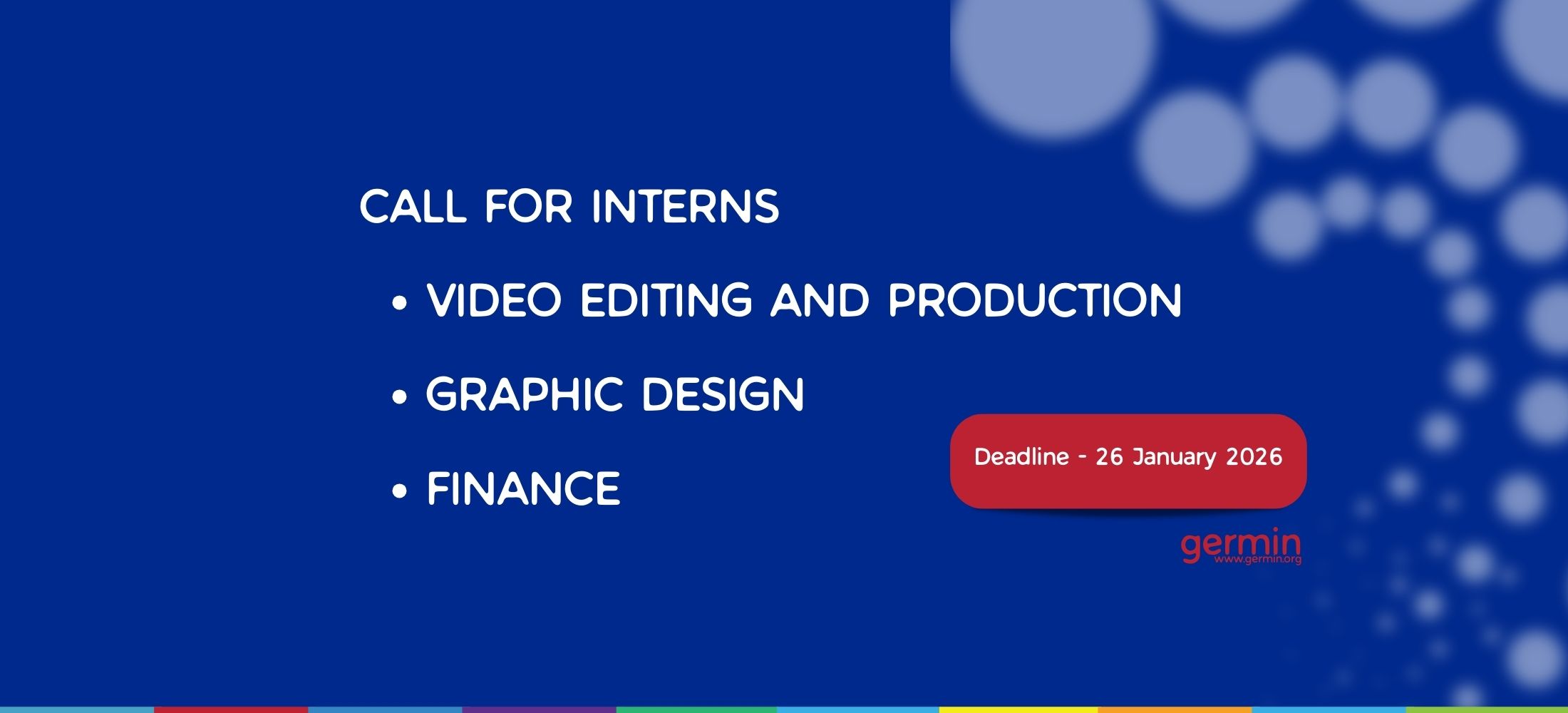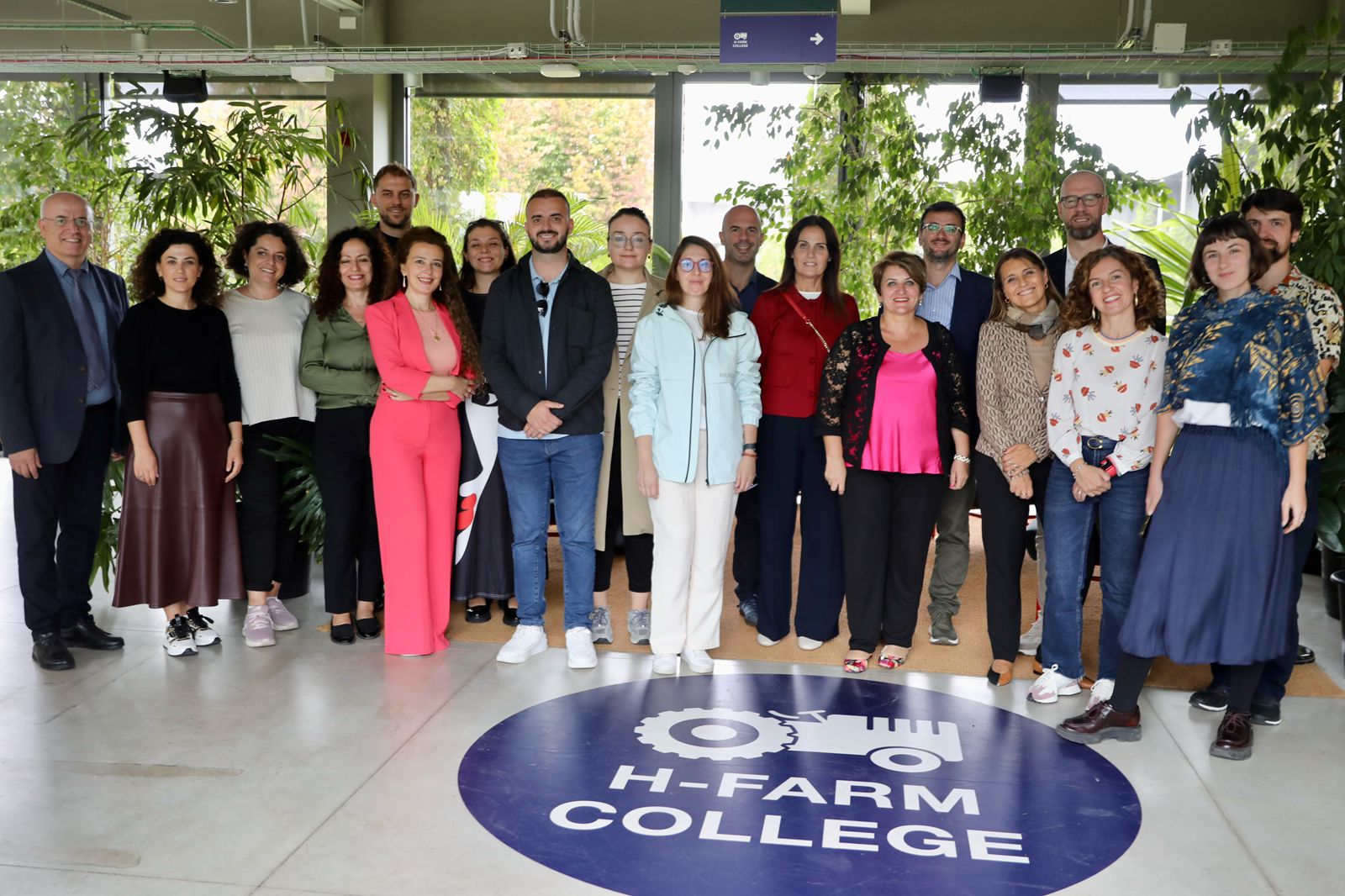On Tuesday, March 22, 2022, in a virtual meeting, the “Role of Remittances in Kosovo’s Economic Stability” was discussed.
In the meeting attended by dozens, the report that GERMIN has conducted (based on the questionnaire regarding remittances and how they are sent to Kosovo) was presented.
Panelists were: Fehmi Mehmeti – Governor of the Central Bank of Kosovo, Liza Gashi – Deputy Minister of Foreign Affairs and Diaspora, Gresa Latifi – Researcher and Lecturer at the Technical University of Munich, Lirim Krasniqi – Co-director at GERMIN and Arbnor Mjeku – Project Manager at GERMIN.
Krasniqi said that more than 100 respondents participated in the research conducted by GERMIN and showed that through this research many concerns of the diaspora are addressed, related to the costs of transfers.
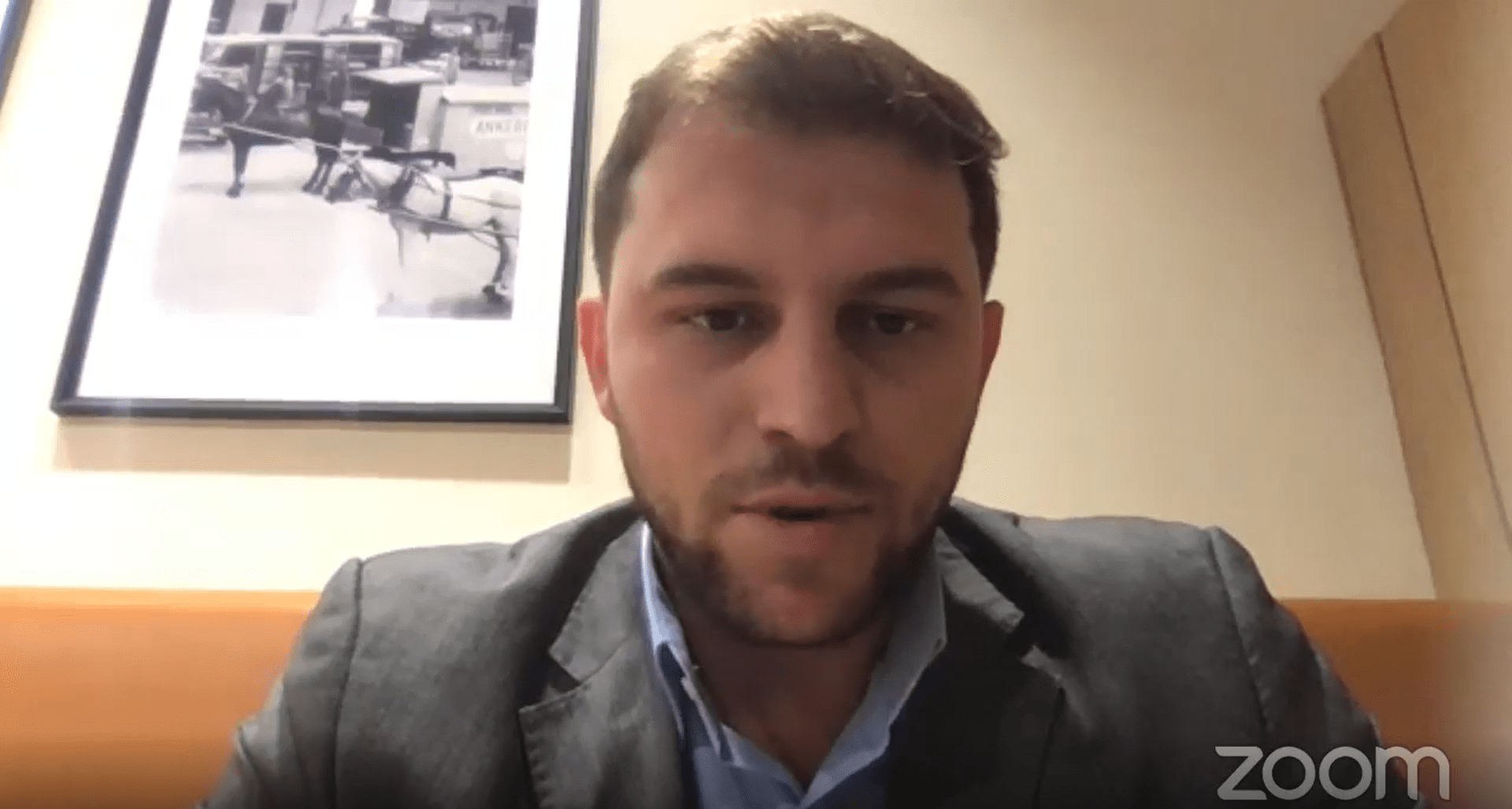
“We will cooperate with the World Bank and the Central Bank of Kosovo but also with other institutions, companies, and organizations that are working on financial technology so that transfer costs are much cheaper.”
The Governor of the Central Bank in Kosovo, Fehmi Mehmeti, has shown the trend of remittances during and after 2020. He said that the pandemic crisis has clearly revealed the importance of the diaspora in the country’s economy.

“One of the most important channels that hit Kosovo’s economy during the pandemic period was precisely the closure of borders and the restriction of the movement of people, which resulted in a drastic decline in diaspora spending.”
As a result of this, Kosovo had the largest economic downturn in the last 10 years in 2020, according to Mehmeti.
“As a result of the crisis, Kosovo had marked an unprecedented economic decline of these 10 years in 2020, which decline marked 5.3 percent this year.”
But the economic downturn was immediately reversed in 2021.
“In 2021, the country’s economy marked a fairly rapid recovery, marking a real growth that, according to preliminary estimates, stands at about 10.5 percent.”
According to Mehmeti, the main influence in this increase was the diaspora, which showed its role through the increase of remittances and expenses during their stay in Kosovo.
“Expenditures of non-residents in Kosovo, most of whom are from the diaspora – marked the value of 1.5 billion euros in 2021. This represents an annual increase of 6.5 percent, in contrast to the previous year where they were halved. The value of remittances received during 2021 was 1/15 billion euros, which represents an annual increase of 17.1 percent.
About the importance of remittances in the economy of Kosovo, spoke the Deputy Minister of Foreign Affairs and Diaspora, Liza Gashi. She noted that the contribution of the diaspora has been and continues to be the key to economic and social development in Kosovo. But she said she would like remittances to change shape a bit.
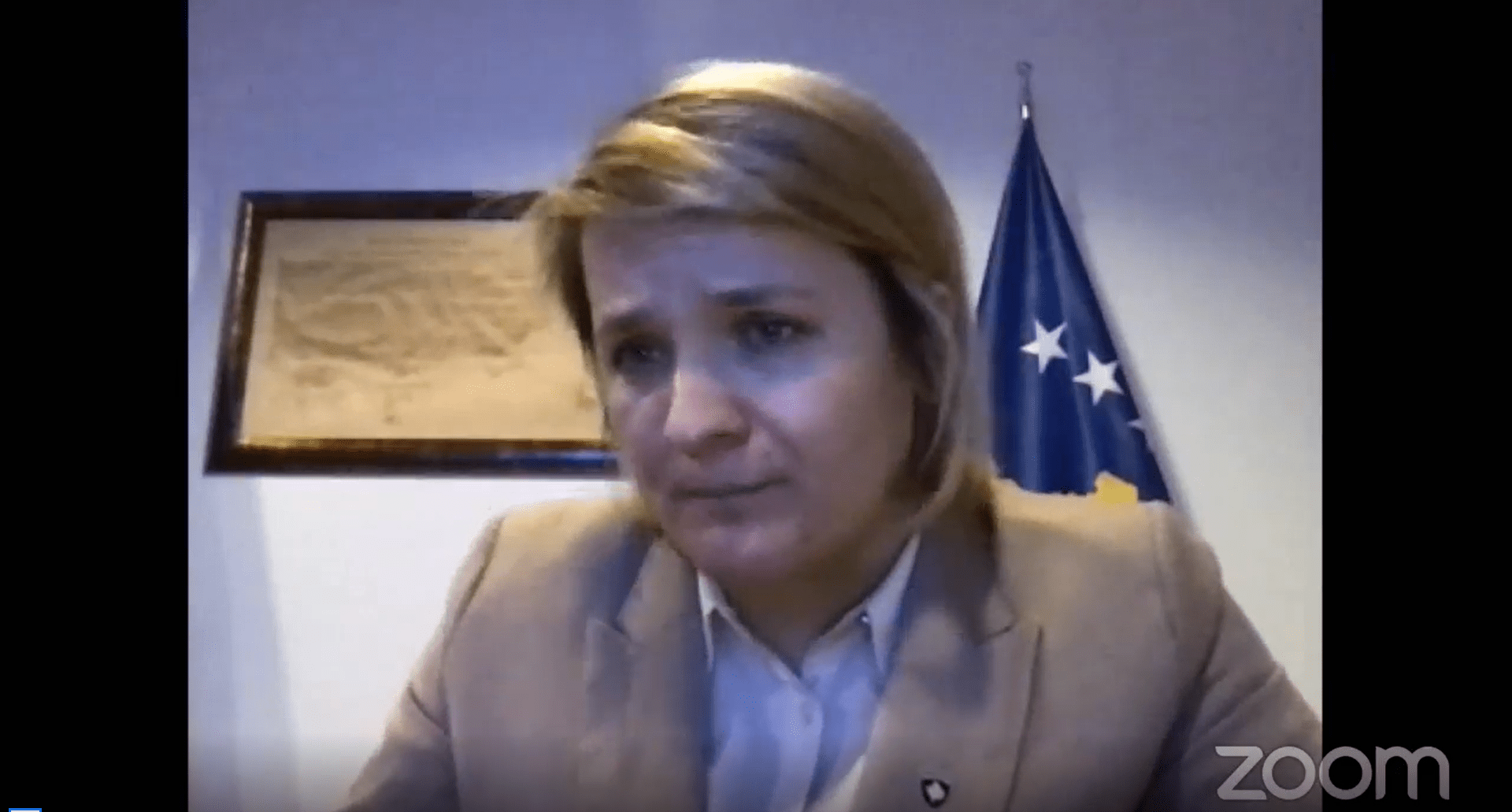
“I would also like to discuss social remittances in the future. Remittances, in addition to helping families in Kosovo, have also helped in shaping the political and economic infrastructure of our Republic. ”
According to Gashi, there are three ways to changing the form of sending remittances.
“First, the leading channels should be more numerous and have a lower cost for sending. Second, it has to do with financial education in this regard, which is needed in Kosovo and in the diaspora as well. Third, it has to do with a specific program that reclassifies voluntary remittances.”
As for the lecturer and researcher at the Technical University of Munchin, Gresa Latifi, the increase in remittances in Kosovo shows another side – that the country needs help.

“Kosovo has benefited from remittances from compatriots for years. I have a slightly more critical view because usually in writing countries that benefit the most from remittances should not boast about it. Remittances are helpful when the motherland does not manage on its own, so it’s looking for help due to the aggravated economic situation.
For her, remittances become useful “when they change form”.
“If they are used only for consumption, it means they need more help from the diaspora.”
According to her, there are some criteria that foreign investors, or investors from the diaspora, analyze before investing.
“Investors are interested in investing in countries where there is political stability, where the judiciary operates even in countries where the education of the workforce is at the level where it meets the idea of someone who wants to invest. Unfortunately, in these three dimensions, Kosovo still leaves much to be desired.”
The research conducted by GERMIN will be published soon.
